Teflon cables are commonly used in various industries, including medical equipment manufacturing, due to their excellent electrical properties, chemical resistance, and temperature stability. While Teflon cables offer several advantages, whether they are the "safest bet" for critical medical equipment wiring depends on several factors:
Temperature Stability: Teflon cables can withstand a wide range of temperatures, typically from -100°C to 260°C (-148°F to 500°F), making them suitable for use in medical equipment that may undergo extreme temperature variations during operation or sterilization processes.
Chemical Resistance: Teflon is highly resistant to chemicals, oils, and solvents, which is beneficial in medical environments where exposure to disinfectants, cleaning agents, or bodily fluids may occur. This resistance helps maintain the integrity of the cables and reduces the risk of degradation or failure due to chemical exposure.
Electrical Properties: Teflon has excellent electrical insulation properties, including high dielectric strength and low dissipation factor, which are critical for ensuring reliable electrical performance in medical equipment. Teflon cables can effectively minimize electrical interference and maintain signal integrity in sensitive medical devices.
Flexibility and Durability: Teflon cables are known for their flexibility and durability, allowing them to withstand bending, twisting, and repeated flexing without compromising their electrical or mechanical properties. This flexibility is beneficial in medical equipment where cables may need to be routed through tight spaces or undergo frequent movement.
Biocompatibility: Teflon is generally considered biocompatible, meaning it is unlikely to cause adverse reactions or toxicity when in contact with biological tissues or fluids. This property is essential for medical equipment wiring that may come into direct or indirect contact with patients during diagnostic or therapeutic procedures.
While Teflon cables offer many advantages for critical medical equipment wiring, it's important to consider specific application requirements and regulatory standards when selecting cables for medical devices. Additionally, other factors such as cost, availability, and compatibility with existing equipment may also influence the choice of cables.
In conclusion, Teflon cables can be a suitable option for critical medical equipment wiring, offering a combination of temperature stability, chemical resistance, electrical properties, flexibility, and biocompatibility. However, thorough evaluation of application needs and compliance with relevant regulations are essential to ensure the safety and effectiveness of medical equipment wiring solutions.

 ENGLISH
ENGLISH 简体中文
简体中文 GERMAN
GERMAN SPAIN
SPAIN
 +86 181-5747-1135
+86 181-5747-1135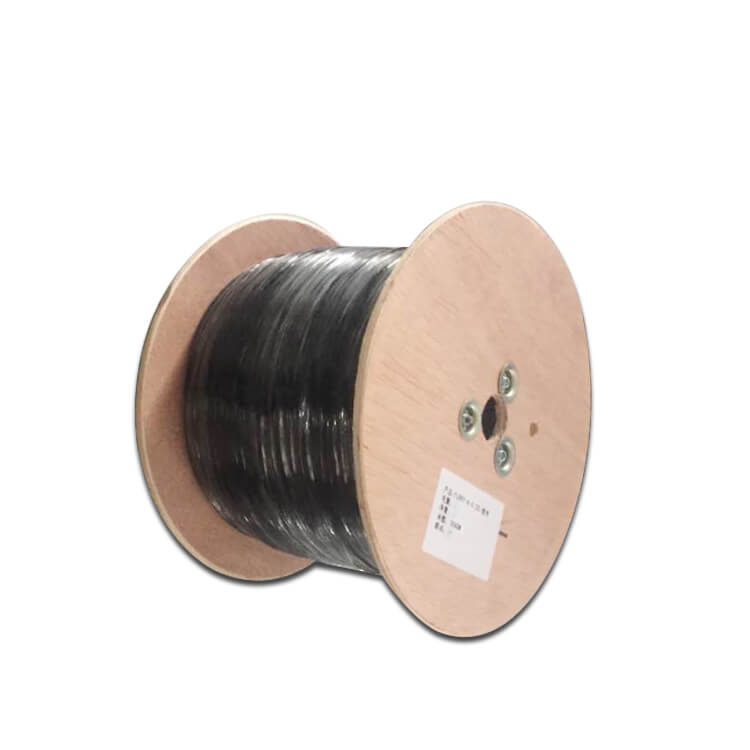
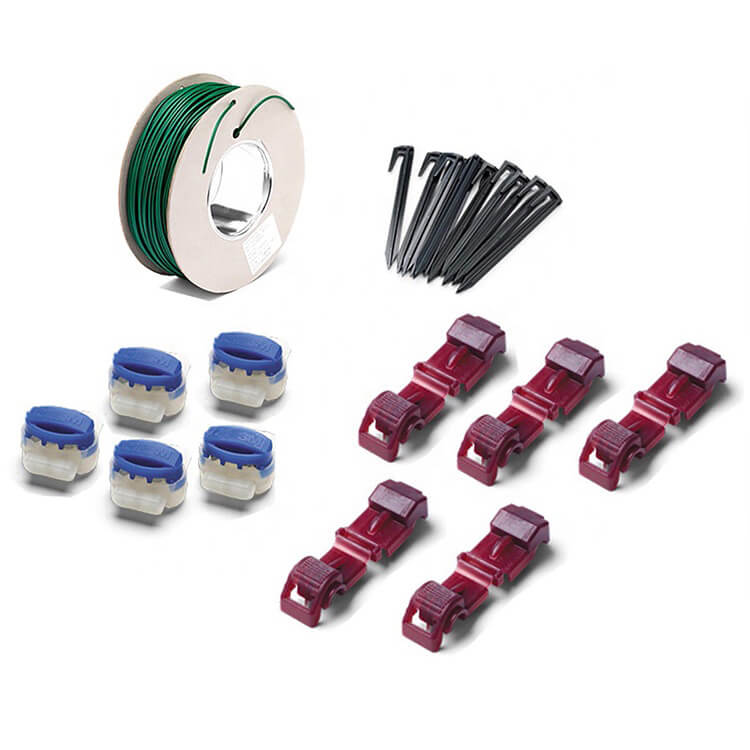
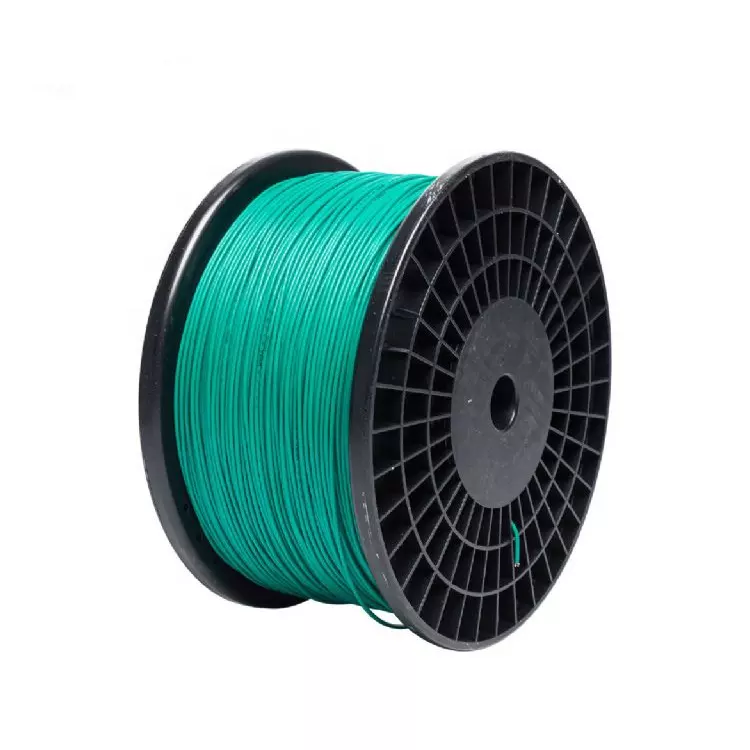



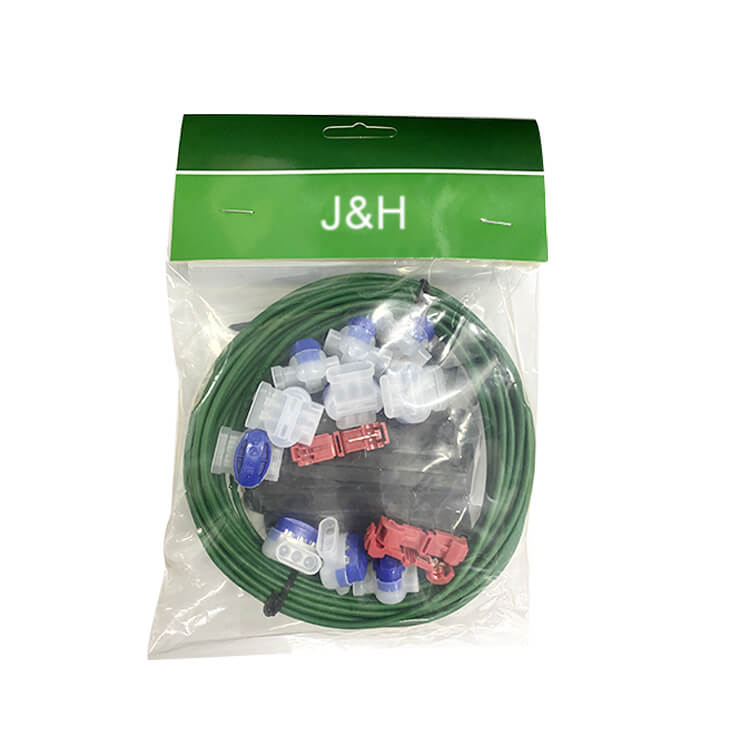
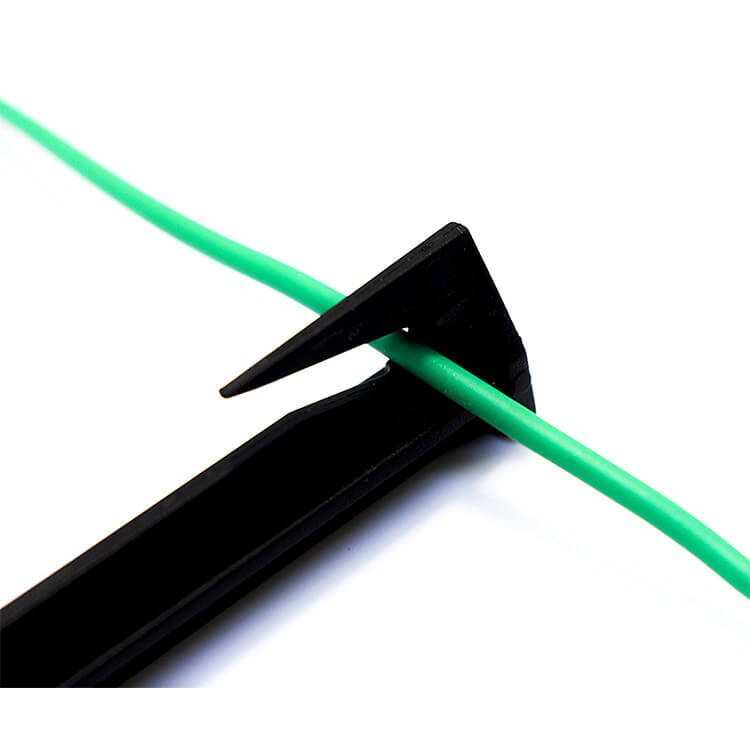
 Abroad:+86 181 5747 1135
Abroad:+86 181 5747 1135 FAX: +86 574 8900 7636
FAX: +86 574 8900 7636 E-mail:
E-mail: 

 read the map
read the map

